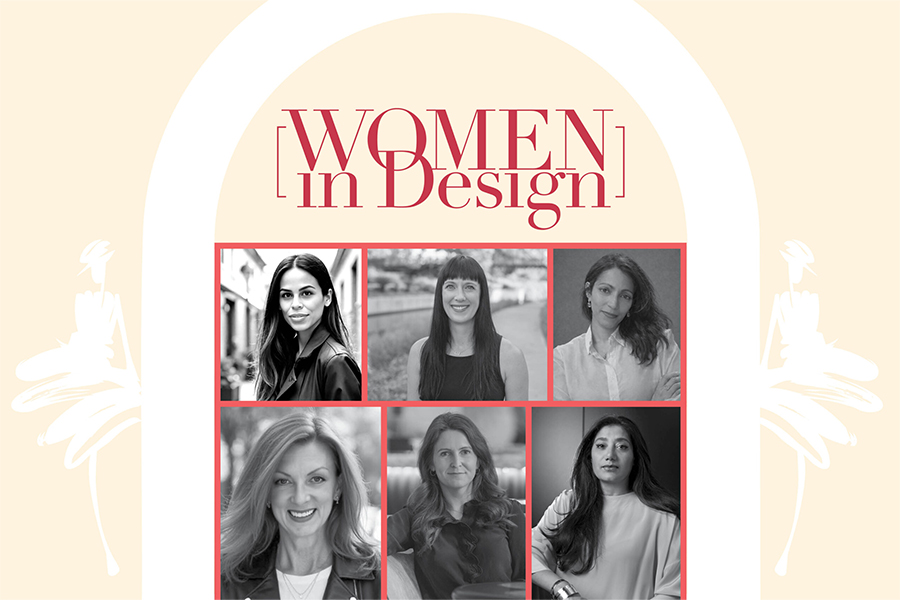In a world where generational stereotypes often shape workplace perceptions, young designers are pushing back against outdated assumptions—and redefining what it means to work in the creative industry. Gen Z professionals are often labeled as unmotivated, entitled, or lacking experience. However, speak with them directly, and a very different picture emerges—one of ambition, adaptability, and a clear vision for the future.
Below, five emerging voices—who are part of the 2025 New Design Professionals class—offer thoughtful insights on misconceptions and what their generation brings to the table, from a deep understanding of digital culture to a commitment to collaboration, purpose-driven work, and continuous growth.
“A common misconception is that younger designers lack refined design sensibility. In reality, many are deeply immersed in emerging trends, cultural movements, and digital aesthetics that are shaping the future of hospitality design. Their perspective is fresh, bold, and often more attuned to the evolving expectations of modern guests. In an industry that thrives on reinvention and relevance, younger designers bring a pulse that keeps our work dynamic and forward-thinking.” —Judy Lee, Gensler
“There is a common misconception that younger workers are unmotivated and prefer to avoid in-person interactions. However, in industries such as design, being physically present with colleagues is essential for fostering meaningful communication, engaging in spontaneous conversations (whether it is professional focused or personal), asking questions, and receiving valuable mentorship. Many younger professionals are highly dedicated and fully immerse themselves in their work culture. I believe that fostering strong relationships, both as mentors and mentees, is one of the most effective ways to bridge the gap in experience and ensure continuous professional growth for all involved.” —Ashley Lauzier, Parker-Torres Design
One common misconception about younger workers is that they’re entitled or have unrealistic expectations. In reality, it’s often just a misunderstanding of what this generation truly values. Younger professionals tend to seek a more balanced and respectful workplace—one where the employer-employee relationship feels collaborative. They want to be heard, supported, and to feel that their work has purpose. Work/life balance is a key part of that. It’s not about avoiding hard work, but about working smarter, protecting mental wellbeing, and finding fulfillment both on and off the clock. What some interpret as entitlement is really a shift in expectations—and it’s a shift that, if embraced, can lead to healthier, more engaged, and more creative teams.” —Reed Linse, ESG Architecture & Design
“There are a lot of misconceptions about young professionals and Gen Z. For example, [people think] we don’t want to work hard and are lazy, naive, or technology dependent. Personally, I disagree. Most of us are extremely hard working and want to change the world for the better. We’re compassionate, great with technology (and can help teach older generations), and are very willing to learn.” —Rachel Holson, Flick Mars
“I think most people see a young designer and assume they are not hard working. The most important thing to me is getting work done efficiently and getting it done right, no matter what it takes. Many young designers also have this mindset and I wish more people would see that.” —Mattie Huband, Studio Partnership
The 2025 New Design Professionals class is made up of 34 individuals with three to five years of industry experience, who were nominated by exhibitors to attend HD Expo + Conference for the first time in May.



